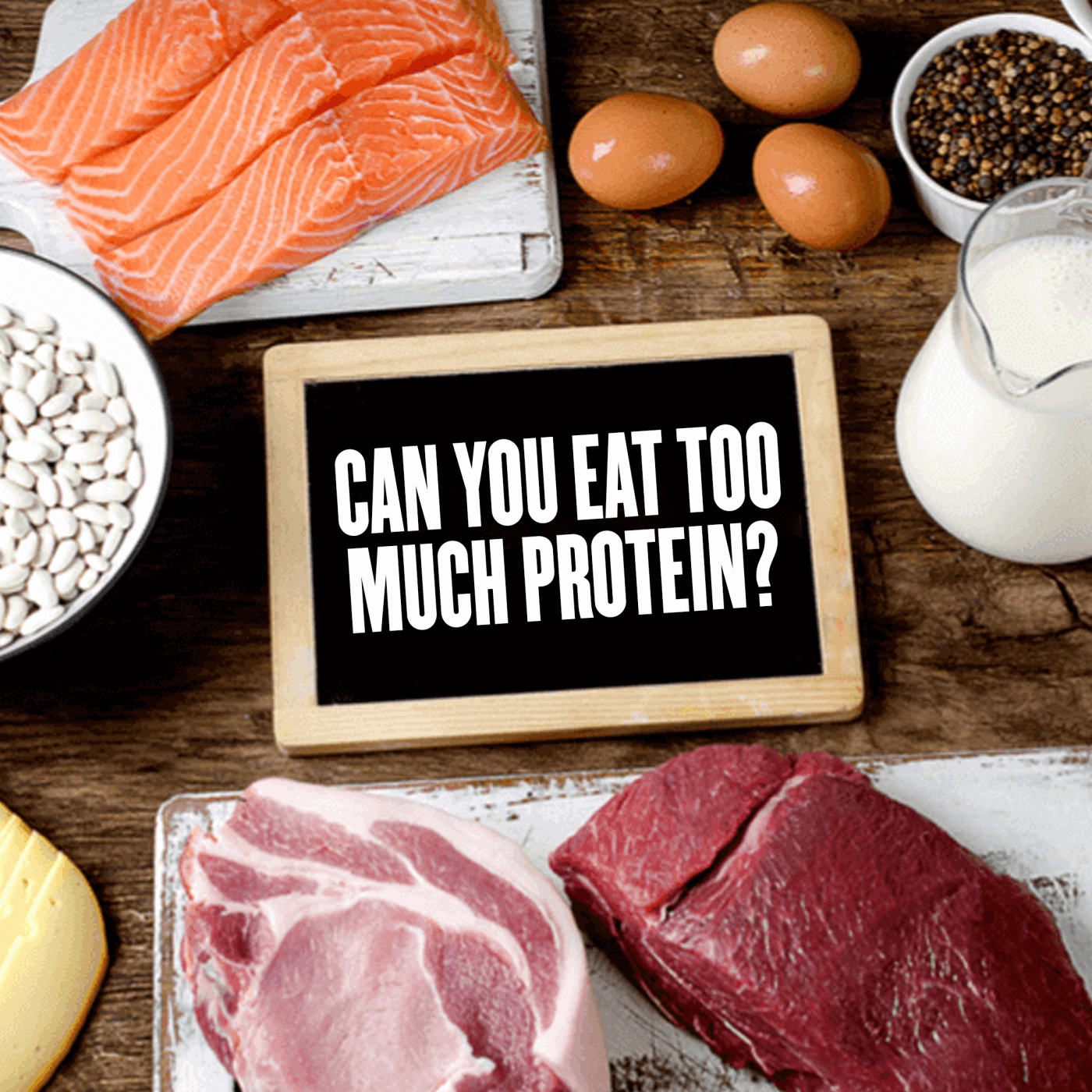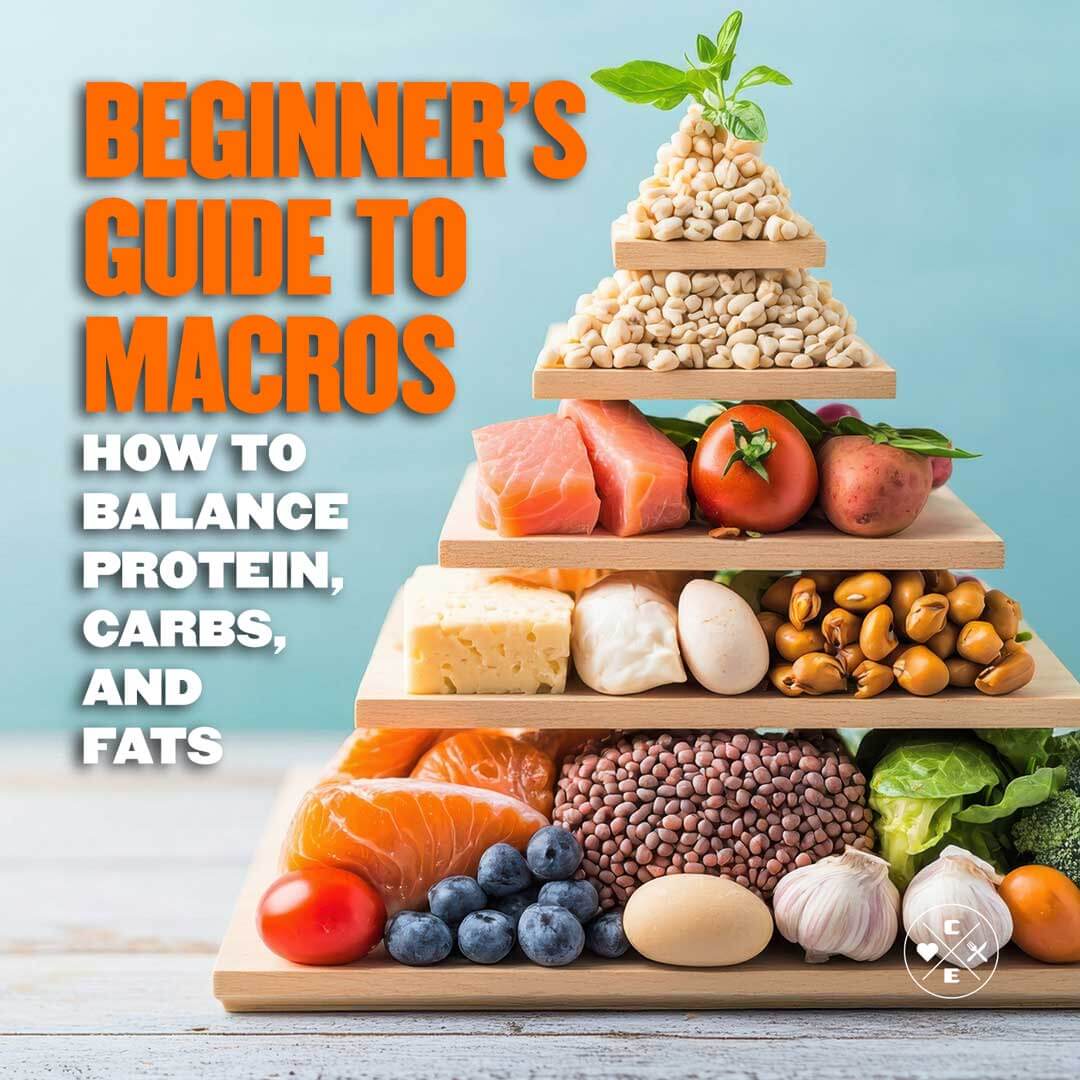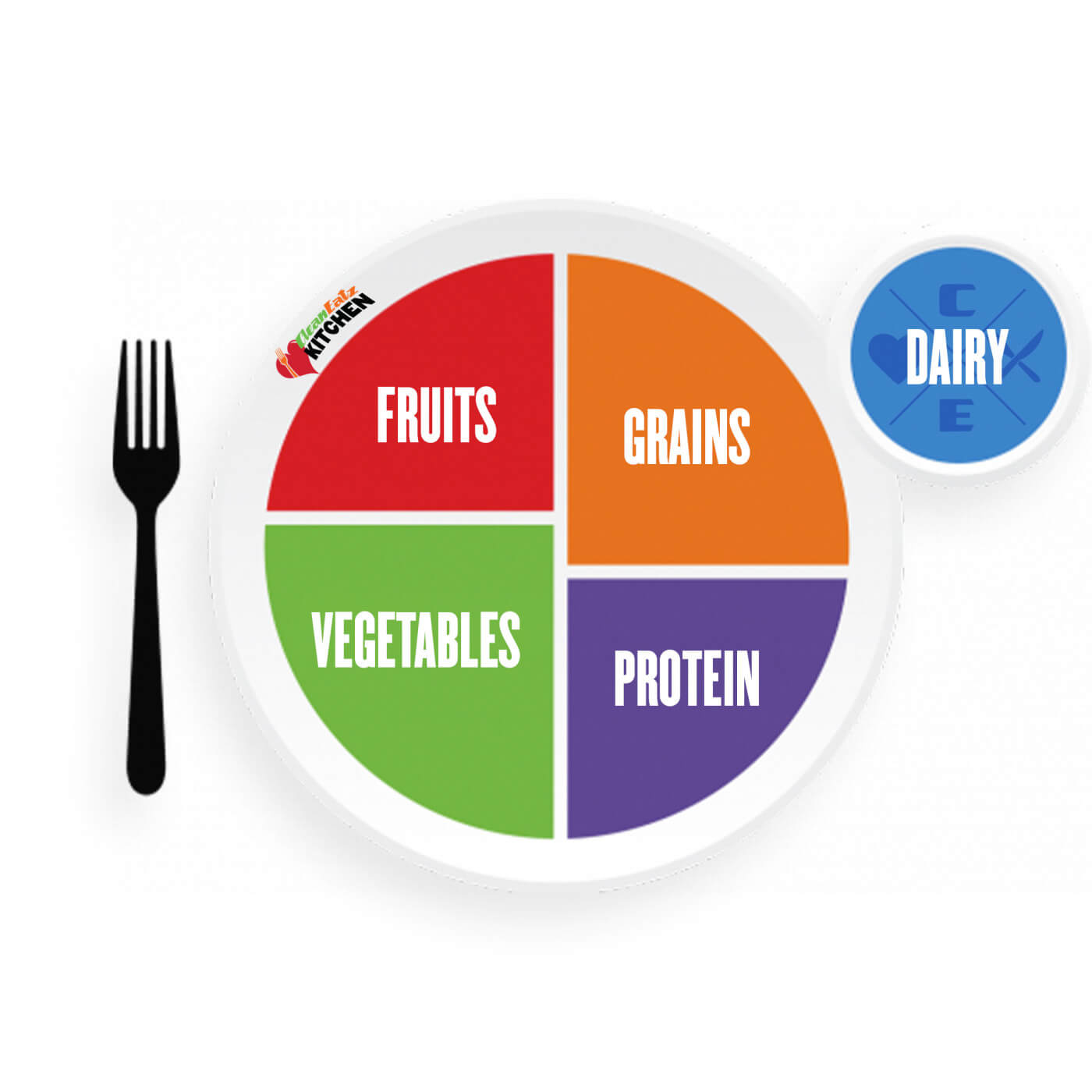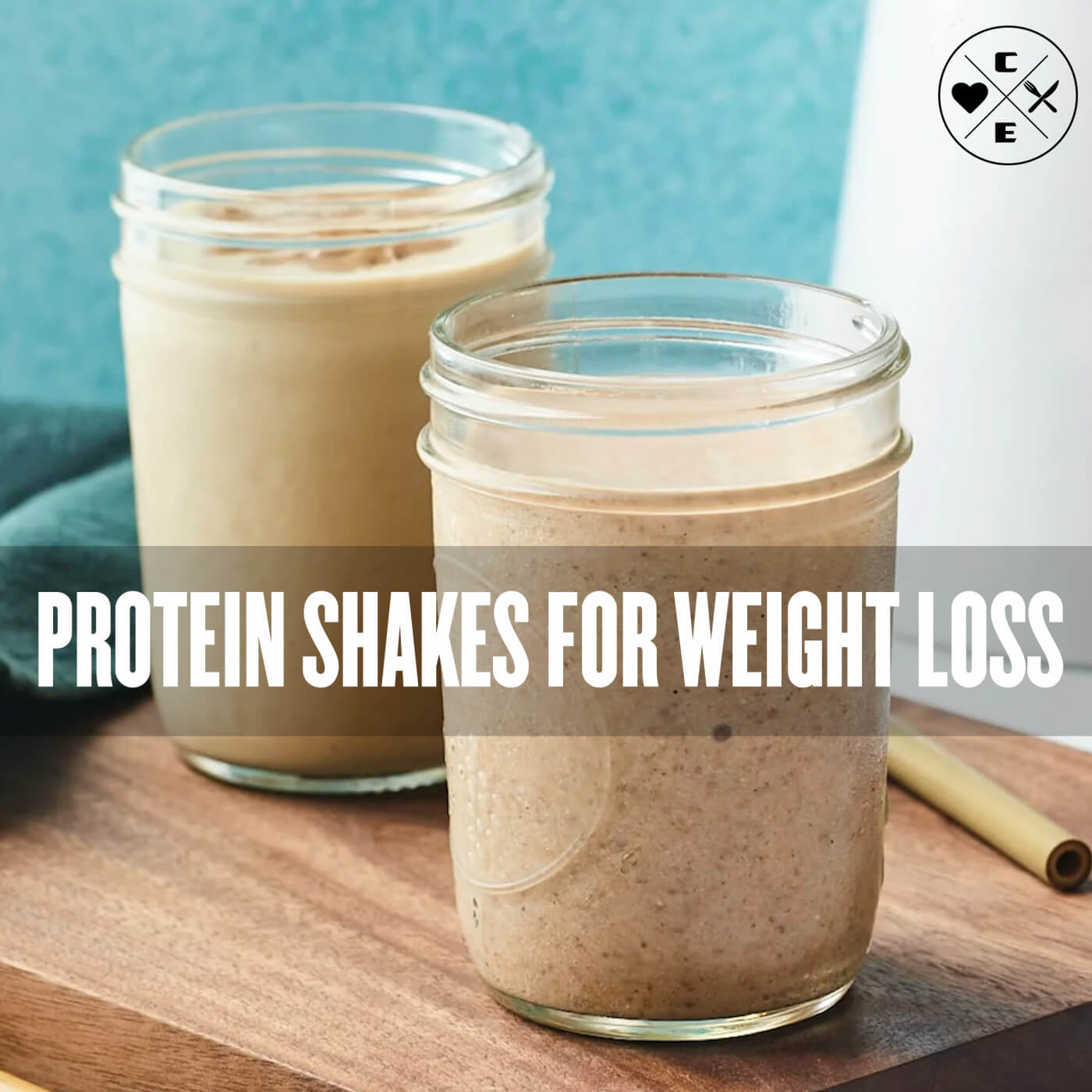
Protein Consumption: Finding the Right Balance
Jason Nista
Nutrition
|
Weight Loss
|
Healthy Lifestyle
12 minute read
Unless you've been living under a rock for the past few years, you've probably heard a lot about protein consumption, and recommendations to get higher levels of protein in your diet. Especially if you've heard about keto, paleo, low-carb, gluten-free, carnivore, and others that focus a lot on getting more protein from lean sources. Even if you're more on the side of the greens with a vegetarian or vegan diet, you know, and probably have been told, that you need to manage protein intake to ensure good health so Can You Eat Too Much Protein?
So you might be wondering. Is protein really the holy grail and worth all the effort? Will I benefit from eating too much protein? Do I really need that much? Well, we're here to help and shine a bit of light on a topic that might not be so simple to grasp and more importantly apply to your own life.
TLDR: Yes, protein is good for you, No you probably are not getting enough, Yes you might benefit from getting a bit more into your diet and No you probably don’t need to stress that much about it.
So let’s start at the beginning.
What Exactly are Proteins?
Proteins are organic molecules made up of amino acids, truly the building blocks of all life since you can find them in every part of your body. Your bones, muscles, organs, skin, hair, and eyelashes are all made of amino acids, every single cell. So by that alone, you can start to realize the importance of proteins, or more accurately amino acids, for us humans.
Now, these amino acids come in two forms: essential and non-essential. This basically means that some of these amino acids your body can make on its own, the non-essentials, and others it needs to get from food, the essential amino acids. And even there’s a small group that is conditionally essential, which means our body could create on its own but under some specific circumstances, like high levels of stress, might not be able to and would need to get from our food.
Now all of these amino acids will combine in different ways through chemical bonds and start twisting and rearranging to form tridimensional structures that are the building blocks of our body structures, cells, enzymes, hormones, neurotransmitters, immune cells like antibodies, etc.
Now you see why it is important to consider whether can you eat too much protein in your diet, as eating too much protein may have potential effects that should also be taken into consideration when planning your diet.
Why Is It Important to Get Enough Protein?
Too much protein that we consume in our diets gets digested and broken down into their individual amino acids, these get absolved and go to our plasma pool of amino acids which circulates with our blood and is the source from where all tissues and cells in the body can draw when needed and trade with the amino acids and eating too much protein in our cells.
As we have already seen protein is used to produce very important molecules in our body. So limited without adequate can you eat too much protein intake, and our bodies can’t function well at all.
Can you eat too much protein helps replace worn-out cells, transports various substances throughout the body, aids in growth and repair, regulates our bodies' function, protects our bodies through the immune system, and many others.
For example, when consuming protein pizza, it's essential to be mindful of the amount of protein intake. Overindulging in protein consumption can lead to an increase in levels of a hormone known as glucagon, which plays a crucial role in regulating body fat. This hormone is typically released in response to decreasing blood sugar levels and prompts the liver to break down stored glycogen to produce energy. However, it can also signal the release of fatty acids from stored adipose tissue, subsequently converting it into usable energy. Therefore, moderation is key when enjoying protein pizza to maintain a healthy balance and avoid potential disruptions to the body's hormonal equilibrium.
So as you can see if you don’t get your can you eat too much protein, there are a lot of body functions that won’t go as planned and that is not good, not good at all.
How Much Protein Do You Really Need?
The World Health Organization (WHO) sets a recommendation for can you eat too much protein intake at 0.83 g per kilogram per day, which is expected to meet the minimum needs of 97.5% of the world's healthy adult population. Note that, contrary to popular belief, the RDA doesn't represent an ideal intake. Instead, it represents the minimum intake needed to prevent malnutrition, and the optimal level for whether can you eat too much protein depends on several factors and is related to our age, height, weight, level of physical activity, and to our personal goals. However, a more appropriate statistical analysis of the data used to establish the RDA suggests this number should be higher: 1.0 g/kg.
The intake of can you eat too much protein will also depend on specific personal situations and will not be the same for athletes as it is for someone with a chronic disease, some who is pregnant, for children or adults, for vegetarians or vegans, etc.
Signs I Am Not Eating Enough Protein
A prevalent query is, "Am I eating enough protein?" or its counterpart, "Can one consume excessive protein?" For the majority, especially those aspiring to shed weight or tone up, the signs they are not eating enough protein manifest in their fitness results. If you're engaging in workouts without adequate protein intake, your muscle recovery will lag. You may experience prolonged soreness, fatigue, and diminished enthusiasm for subsequent workouts.
For those leading a more passive lifestyle, research indicates a protein requirement of at least 0.5g per pound of body weight daily. This ensures muscle preservation, especially with aging, and provides essential amino acids for overall health. However, regular exercisers will notice their protein needs spike.
Your specific protein needs hinge on factors like age, gender, height, current weight, and fitness aspirations. It's typically advised for active folks to consume between 1g and 1.8g of protein per pound of body weight daily. For a tailored understanding, consider a protein calculator to gauge your personalized protein demands.
Am I Eating Enough Protein? Know the Best Sources
Not all protein sources are created equal. While many foods offer some protein, they might lack the crucial amino acid profile that's essential for muscle optimization. Branch chain amino acids (BCAAs) are fundamental to muscle repair and growth. They include L-leucine, L-isoleucine, and L-valine.
You can find the richest sources of BCAAs in:
Lean Meat and Poultry
- Chicken
- Lean beef
- Pork
- Turkey
Fish and Seafood
- Salmon
- Tuna
- Shrimp
- Tilapia
Dairy
- Low-fat cheese
- Cottage cheese
- Greek yogurt
Eggs
Nuts and Seeds
- Almonds
- Walnuts
- Cashews
- Sunflower seeds
Grains
- Rice
- Quinoa
- Oats
- Buckwheat
- Couscous
Beans and Legumes
- Black beans
- Kidney beans
- Lentils
- Lima beans
Want to ensure you're meeting your protein requirements? Consuming ample protein can help you remain full longer, support muscle growth, maintain existing muscle, and expedite workout recovery. A diet abundant in protein also means fewer cravings for calorie-dense fats and carbs, helping you avoid unnecessary weight gain.
Meeting your protein needs might seem challenging after calculating your daily requirement. But, "Am I eating enough protein?" shouldn't be a daunting question. By organizing your meals to focus on protein, you ensure adequate intake. Aiming for about 20g to 40g of protein per snack or meal, based on your unique needs, is beneficial. Stocking up on lean meats, fish, and preparing them in advance makes meals easier. Don't hesitate to add protein shakes or bars to your diet. Also, keep convenient snacks like trail mix and boiled eggs ready for when you're peckish.
If you observe signs you're not eating enough protein, Clean Eatz Kitchen is at your service. With our high-protein meal plans, you're assured your active body gets what it needs. These meals pack an extra 10g of protein per serving. Following such a plan will have you smashing gym goals and showcasing your physique in no time.
For all your health and fitness aspirations, the Clean Eatz Kitchen community stands by you. We provide the encouragement and direction you need to excel. Reach out today, and let’s mark your achievements hand in hand!
Can You Eat Too Much Protein?
There can be, but probably not in a harmful way. A couple of studies test the different effects of different protein intake per sitting (5g, 10g, 20g, 40g, and 30 or 90gr) on the stimulation of skeletal muscle protein synthesis, or basically the muscle-building effect. And it showed an optimal range at 20-30 gr, showing that higher amounts of protein per meal might not have added benefits due to the bioavailability and our body's capacity to absorb and process it.
So it might look like a better way of eating is in smaller meals throughout the day, at least for muscle building.
But what about other health effects? Can eating too much protein harm me in any way? Well, the most likely scenario is that overconsumption of protein will be like overconsumption of anything else, the extra protein can be converted into sugar or stored as fat in the body. However, this process isn’t as easy or fast as it is for carbs or fats due to the thermic effect (the amount of energy required to digest, absorb, transport, and store protein).
On top of this, you most likely heard about a high protein diet being too harsh and demanding on the kidneys and that could harm them. However, this is a bit misguided since the studies that support these claims were conducted on people who already had kidney impairment. In fact, even a fairly high protein intake – up to 2.8 g/kg (1.2 g/lb) – showed no effect on renal function in people with healthy kidneys.
Think of it this way: running can be very beneficial to your heart health, longevity, weight loss, mental health, and many others unless of course, you have a broken foot or ankle.
What If I Don’t Want to Build Muscle?
There are plenty of other tangible benefits of having a healthy protein intake and even considering upping the amount of protein you ingest every day. Just to mention a few:
- Increased thermic effect of feeding: while all nutrients require some amount of energy and have a metabolic cost to processing, the thermic effect of protein is roughly double that of carbohydrates and fat. This means eating more protein is actually thermogenic and can lead to a higher metabolic rate, greater fat loss when dieting, and less fat gain during high-caloric diets.
- Increased glucagon: as mentioned before consuming protein increases the plasma levels of the hormone glucagon responsible for antagonizing the effects of insulin in adipose tissue, leading to greater fat mobilization, and decreasing the activity of the enzymes responsible for making and storing fat in adipose and liver cells. Again, fat loss.
- Increased IGF-1: an anabolic hormone that’s related to muscle growth, and tissue reparation in our whole body.
- Reduction in cardiovascular risk: Studies have shown that an increase in the percentage of protein in the diet with a simultaneous decrease in the percentage of carbohydrates aids in lowering LDL cholesterol and triglyceride levels in blood and at the same time increases HDL cholesterol levels.
Final Thoughts
In summary, a balanced and higher protein diet can be beneficial for various aspects of health, but it's essential to find the right balance based on individual needs and requirements. Consulting a health professional, considering one's personal circumstances, and experimenting with different protein levels can help individuals optimize their diets and reap the benefits of protein consumption for overall well-being and health.
FAQ
How much is too much protein in a day?
Certain individuals, like elite athletes, may consume up to 3.5 grams per kilogram of body weight each day without experiencing adverse effects. However, most studies suggest that consistently consuming more than 2 grams per kilogram of body weight daily can lead to health issues.
What are the side effects of eating too much protein in a day?
Potential risks associated with excessive protein intake include:
- Weight Gain: While high-protein diets may initially promote weight loss, sustained excessive protein intake can lead to weight gain in the long term.
- Bad Breath: An increase in protein consumption can cause bad breath due to the breakdown of certain amino acids.
- Constipation: A lack of sufficient fiber in high-protein diets can lead to constipation and digestive issues.
- Diarrhea: In some cases, consuming too much protein may cause diarrhea and gastrointestinal discomfort.
- Dehydration: High-protein diets may increase fluid loss, leading to dehydration if adequate water intake is not maintained.
- Kidney Damage: Prolonged excessive protein intake can strain the kidneys and potentially lead to kidney damage, especially in individuals with pre-existing kidney issues.
- Increased Cancer Risk: Some studies suggest a possible link between very high protein diets and an increased risk of certain cancers.
- Heart Disease: High-protein diets that rely heavily on animal-based protein sources may be associated with a higher risk of heart disease due to their saturated fat and cholesterol content.
It's essential to strike a balance in protein intake and consider individual needs and health conditions to avoid potential risks associated with consuming too much protein. Moderation and a varied diet are key to ensuring a healthy and sustainable approach to nutrition.
How do you know if you ate too much protein?
Even though constipation is a prevalent sign of excessive protein consumption, individuals may also encounter diarrhea, which can be influenced by the types of protein sources ingested and individual food sensitivities.
Related Articles
Are Protein Shakes Good For Weight Loss?
12 minute read



